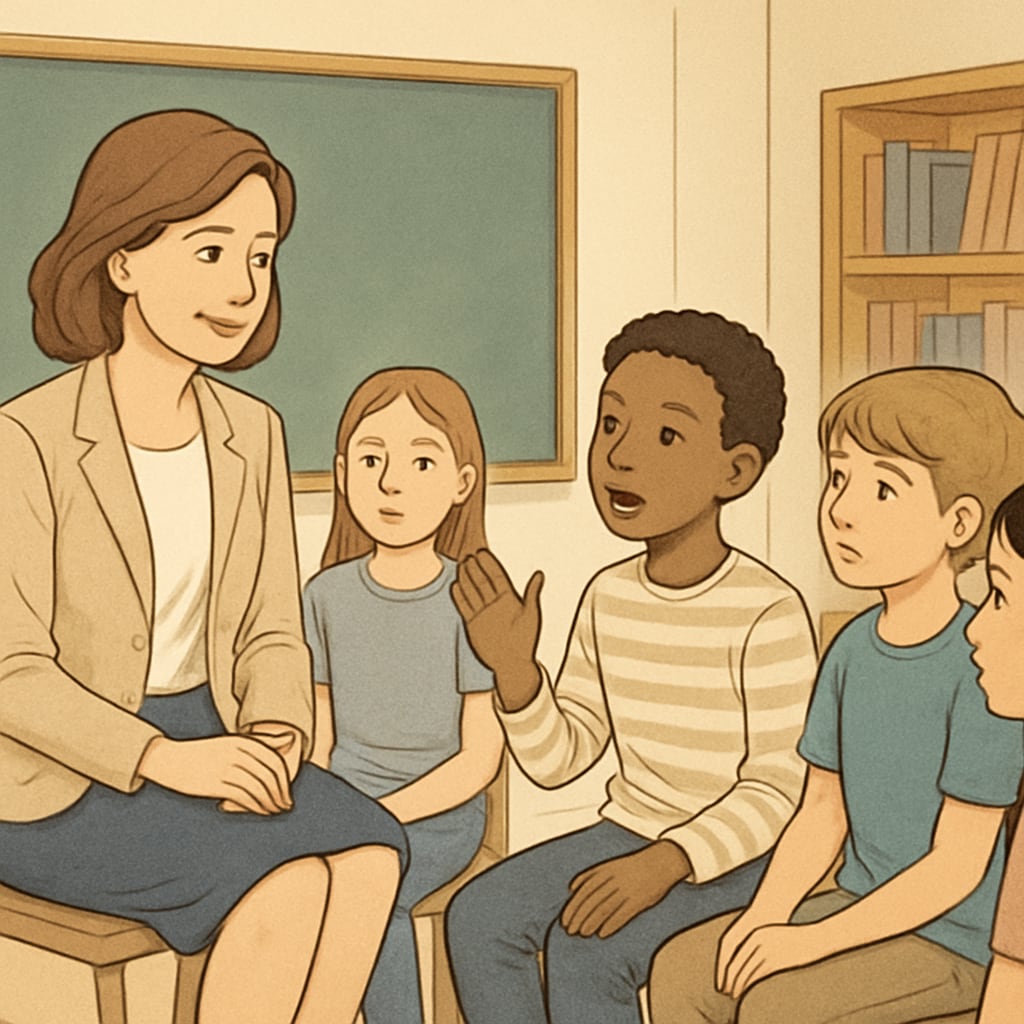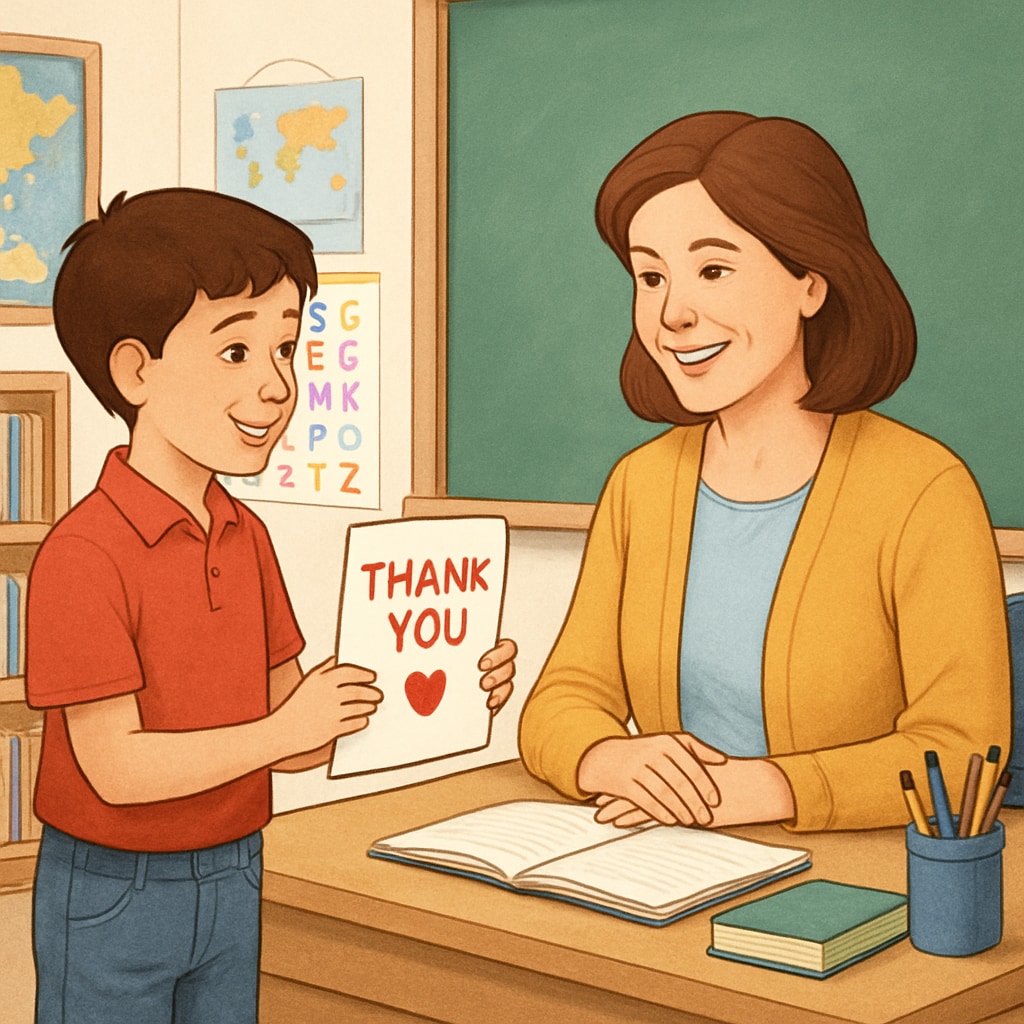In education, respect is more than a courtesy—it is a transformative force. When teachers approach students with respect, genuine listening, and acknowledgment of their individuality, the classroom becomes a space of empowerment. This dynamic often leads to profound student gratitude, as learners feel truly valued. The impact of respect in education highlights a critical truth: effective teaching is not just about imparting knowledge, but also about nurturing the whole person.
Why Respect Matters in the Classroom
Respect in the classroom creates an environment where students feel heard and valued. Teachers who actively listen to their students demonstrate a belief in their potential and worth. This approach fosters trust and engagement, as students are motivated to participate in a space where their voices matter.
For example, a study by Britannica highlights how positive teacher-student relationships improve academic outcomes and emotional well-being. Respect plays a pivotal role in building these relationships, as it allows students to see themselves as capable and significant contributors to the learning process.

How Respect Impacts Student Gratitude
When students experience respect, their gratitude often takes on profound forms. For instance, students may express appreciation for teachers who take the time to understand their struggles, celebrate their achievements, and support their growth. This gratitude is not limited to verbal thanks; it can be seen in their increased effort, willingness to take on challenges, and a deeper commitment to learning.
In addition, respect fosters self-confidence. Students who feel valued by their teachers are more likely to develop a positive self-image. They begin to see their contributions as meaningful, which encourages a cycle of gratitude and engagement. As Wikipedia notes, the role of the teacher extends beyond academics; it involves nurturing the emotional and psychological well-being of students, which is deeply tied to respect.

The Long-Term Impact of Respectful Teaching
The effects of respectful teaching often extend far beyond the classroom. Students who experience respect from their teachers carry this lesson into their future interactions and relationships. They learn the value of listening, empathy, and mutual understanding—qualities that are essential for success in both personal and professional contexts.
Moreover, teachers who prioritize respect leave a lasting legacy. Many students later attribute their success and self-belief to the educators who treated them with dignity. This gratitude serves as a reminder that the most impactful lessons are not always found in textbooks but in the way teachers engage with their students as individuals.
Building a Culture of Respect in Education
Creating a respectful classroom culture requires intentional effort. Here are some key practices for educators:
- Active Listening: Take the time to truly hear students’ concerns and ideas, validating their perspectives.
- Equity in Interaction: Treat all students fairly, recognizing and addressing individual needs.
- Encouragement: Celebrate achievements, both big and small, to boost confidence and motivation.
- Model Respect: Demonstrate respectful behavior in interactions with students and colleagues.
By incorporating these strategies, teachers can create an environment where respect is a cornerstone, paving the way for meaningful connections and lasting gratitude.
In conclusion, respect is a powerful force in education. It not only fosters student gratitude but also transforms the learning experience into one of empowerment and growth. Teachers who prioritize respect are not just educators—they are changemakers, leaving an indelible mark on the lives of their students.


